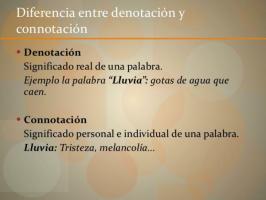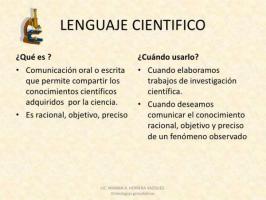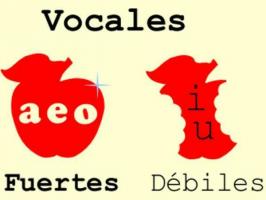Uses of personal pronouns
In this video I am going to explain the uses of personal pronouns.
Characteristics of the use of personal pronouns:
1. Despite the fact that Spanish indicates in the verbal inflectional morphemes, the subject, the personal pronouns: emphasize the subject or make an implicit comparison and disambiguate the subject.
2. Often times UNLESS PRONOUNS: They appear before (Proclitic) to V. or postponed (Enclithic).
3. The pron. 3rd person unstressed (him, him, the) differ depending on whether they are CD or CI and their use will pose problems in the face of the phenomena of laism, leism and loism.
4. The pron. Personal ME, TE, SE, NOS, OS, SE they are reflexive when they substitute a SN that coincides with the Subject, that is, when the subject does the action to himself. They work like CD or CI and admit the reinforcement to itself, to itself.
5. The personal pronouns NOS, OS, SE they are reciprocal when two subjects carry out the action between them. They function as CD or CI and support each other, mutually, etc.
6. Pronouns for groups: If a pronoun has a masculine and feminine form (they / them; we / we; you / you), the feminine form is used only when the entire group consists of feminine beings, otherwise the masculine form will be used.
7. YOU: 2nd person courtesy, must be written with third person verbs (You know).
8. IT, Neutral will be used for background.
9. Incorrect - and it is recommended to avoid - the use of Subject forms after other prepositions.
In addition, on the web I have left you some printable exercises with their solutions so that you can practice what you learned in today's lesson.



